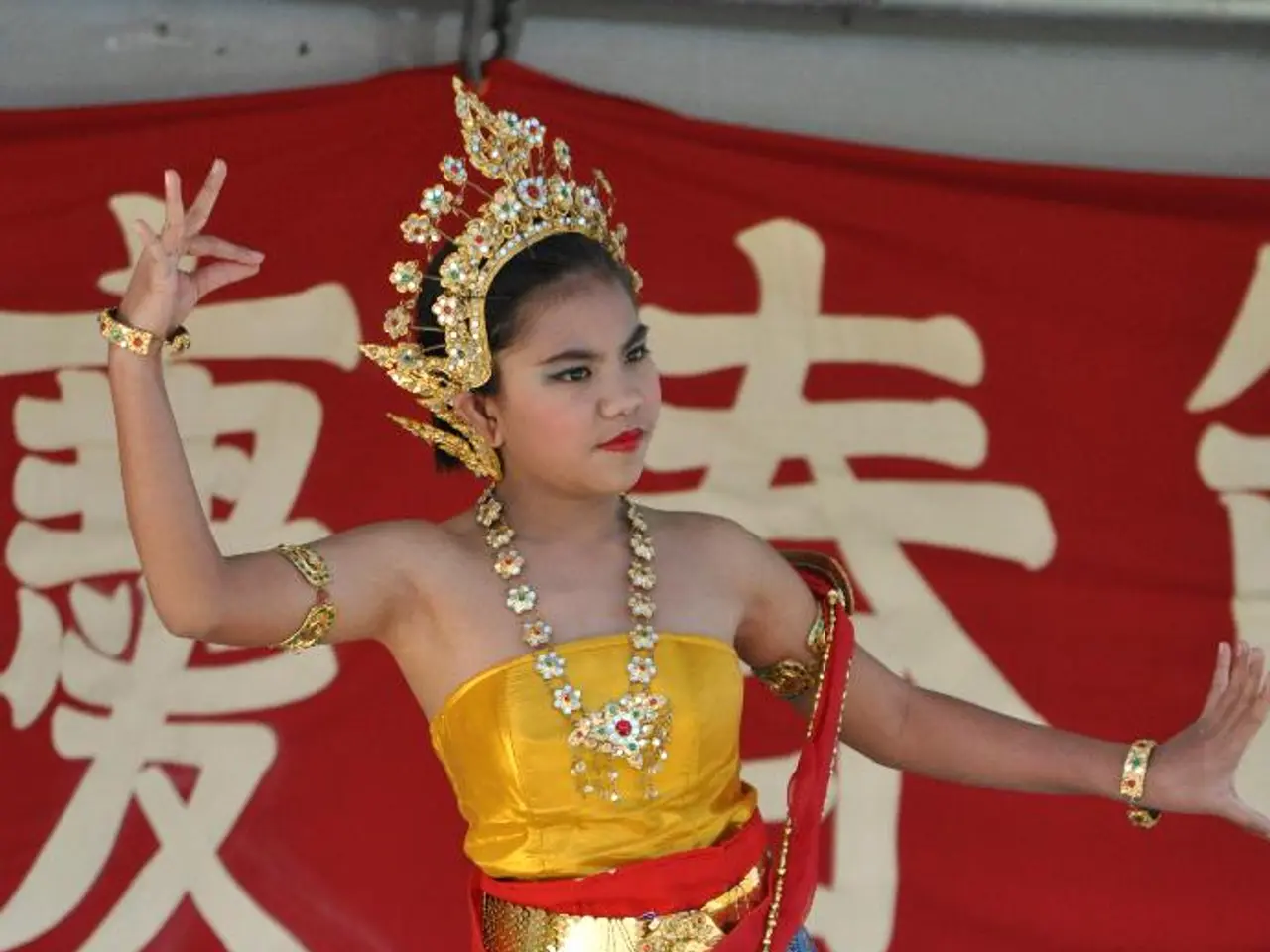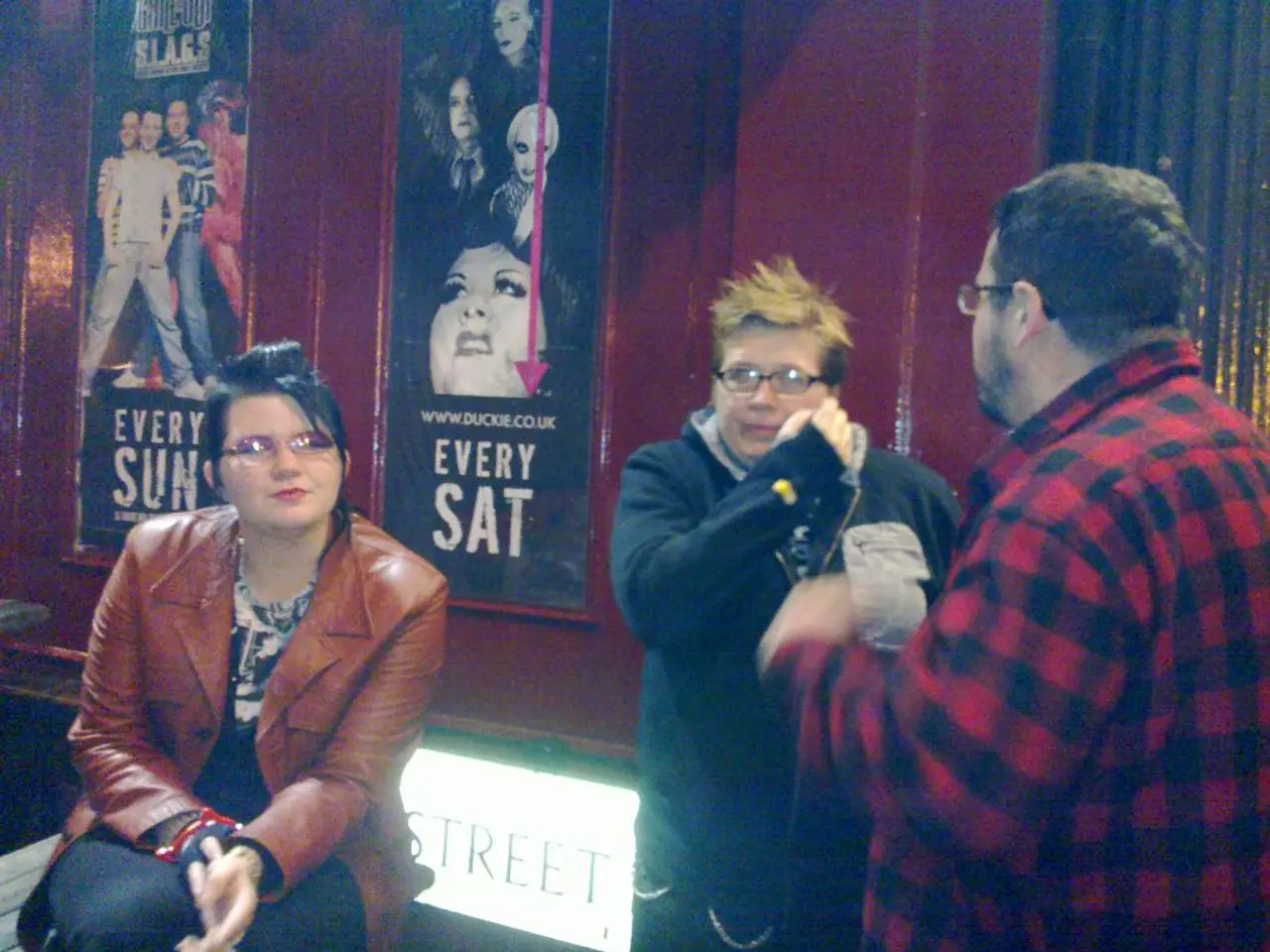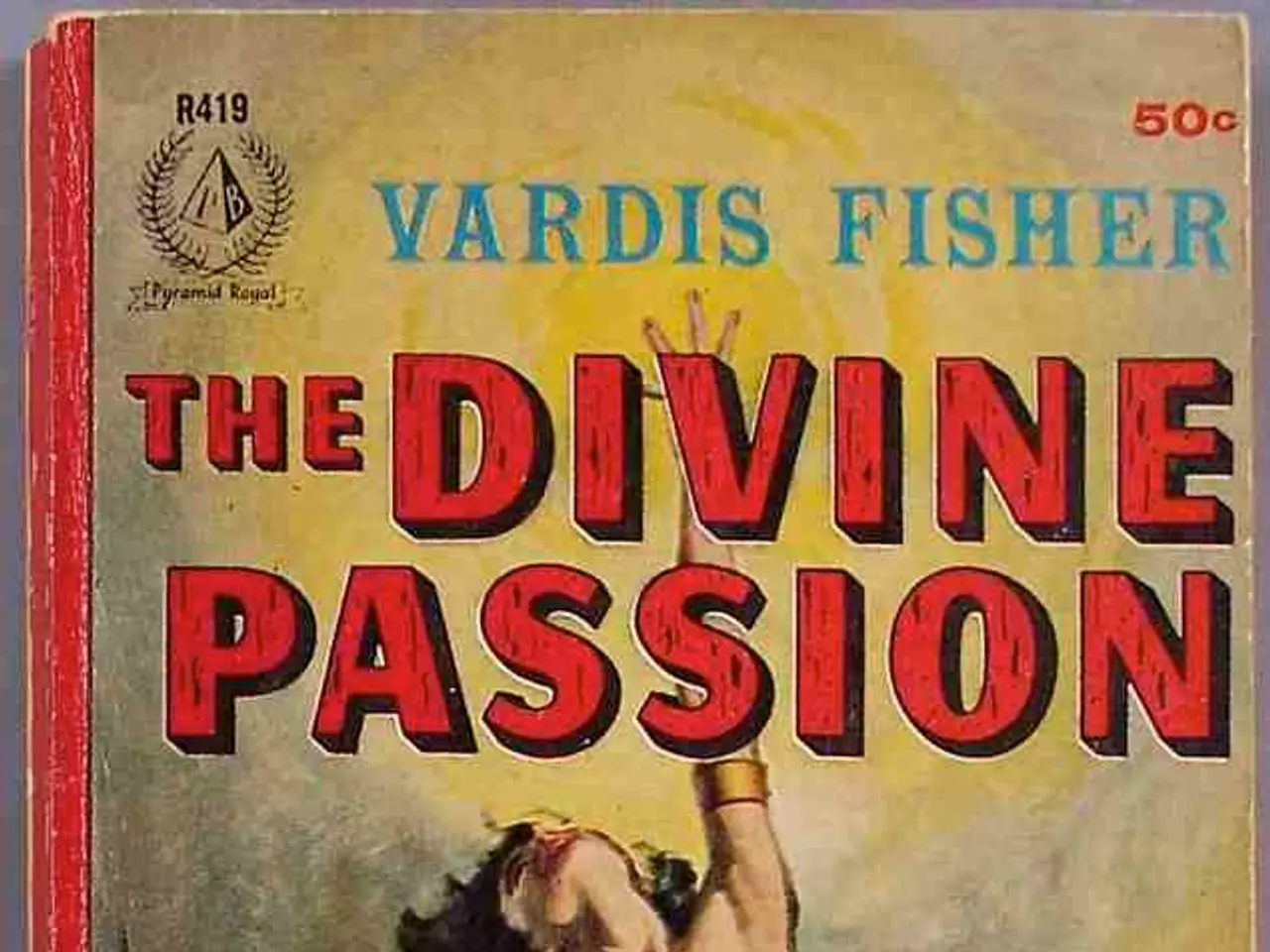Delving into Street Rhymes: Exploring the Social Critique and Cultural Influence of Rap Music!
Hip hop, a genre born in the Bronx, New York City during the 1970s, has evolved into a global cultural force that transcends music. Through its fusion of music, art, dance, and fashion, hip hop has influenced mainstream culture and become a powerful instrument for igniting crucial dialogues and advocating for social change.
Birthed amidst the urban decline, unemployment, and limited social mobility faced by predominantly African American, Puerto Rican, and Caribbean immigrant communities, hip hop emerged as a creative response to the challenges of the time. DJ Kool Herc's August 11, 1973 block party at 1520 Sedgwick Avenue is widely recognised as a seminal moment in its history, marking the birth of hip hop music. Kool Herc innovated by extending the break sections of funk and soul records using two turntables, keeping audiences energised and laying the foundation for hip hop’s musical style.
This innovation gave rise to four fundamental elements of hip hop culture: DJing, MCing (rapping), breakdancing, and graffiti art. Hip hop evolved from these Bronx street parties into a global phenomenon through the contributions of pioneering artists and its articulation of urban realities, eventually spreading across the U.S. with regional variations such as the West Coast rap style in the 1980s, and globally through media and music industries.
Hip hop empowers individuals to stand up against injustice and inequality. Through their music, artists inspire listeners to critically examine their surroundings and work towards creating a more just and equitable world. Hip hop music addresses social issues and sparks critical thinking, with artists using their platform to illuminate societal injustices, political malfeasance, and struggles of marginalized groups.
The genre's dominance extends beyond just music to shaping trends in fashion and language. The distinct style and self-expression found in hip hop fashion have been embraced by high-end designers and everyday consumers alike. LGBTQ+ identities are increasingly embraced in hip hop, breaking down traditional binaries of sexual orientation. Trailblazing artists disrupt established norms in hip hop, sparking important conversations about diversity and inclusivity within the tapestry of hip hop culture.
Artists challenge conventional norms, interrogate authority, and advocate for transformation through their music. Figures like Jay-Z, Killer Mike, and Cardi B have stepped into the realm of political activism. Icons like Public Enemy, Tupac Shakur, and Kendrick Lamar have fearlessly delved into political topics, addressing social issues through their music.
The relationship between Hip Hop and politics is a tangled web of complexity. Politicians have taken note of Hip Hop’s ability to mobilize younger audiences. Hip hop serves as a platform for marginalized voices to be heard, amplifying unheard voices and challenging social norms. The genre fosters unity among communities facing similar struggles, confronting social and political issues such as racial injustice, police violence, poverty, and systemic inequities.
The unfiltered nature of hip hop lyrics allows artists to convey unreserved opinions on social issues. The power of Hip Hop in galvanizing political engagement and reshaping conversations around pressing social issues cannot be denied. Hip hop music serves as a powerful tool for shedding light on systemic racism and economic disparities, and for sparking movements for change within urban landscapes.
In conclusion, hip hop music originated in the Bronx, New York during the 1970s as a response to severe social and economic challenges faced by predominantly African American, Puerto Rican, and Caribbean immigrant communities. Through its evolution, hip hop has become a potent instrument for igniting crucial dialogues and advocating for social change, influencing music, fashion, art, and politics on a worldwide scale.
- Hip hop music, born in the Bronx during the 1970s, has significantly impacted the global arena of entertainment, transcending its initial status as a genre to touch upon music, fashion, art, politics, and general news.
- The unique style and self-expression in hip hop fashion have become a widespread trend, garnering attention from high-end designers and everyday consumers alike, and embracing diverse identities such as those in the LGBTQ+ community.
- Hip hop artists wield considerable influence, utilizing their platform to address social issues like racial injustice, police violence, poverty, and systemic inequality, and fostering unity among communities facing similar struggles.
- Politicians have recognized the potential of hip hop as a tool for mobilizing young audiences, while hip hop itself serves as a platform for the amplification of marginalized voices and the confrontation of social and political issues.





